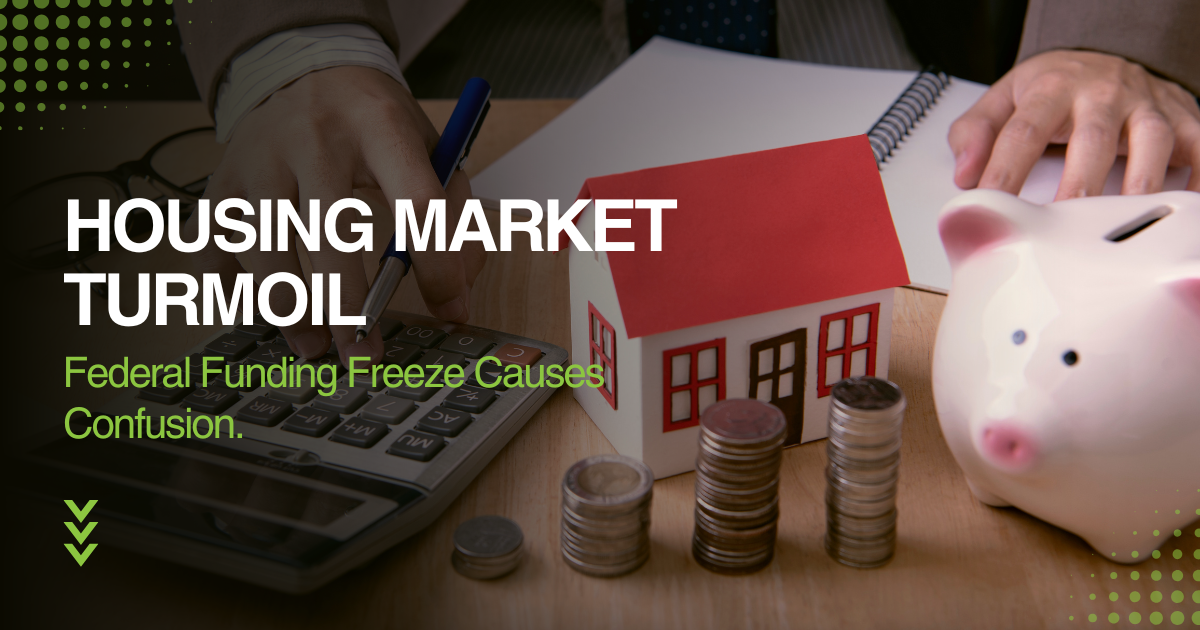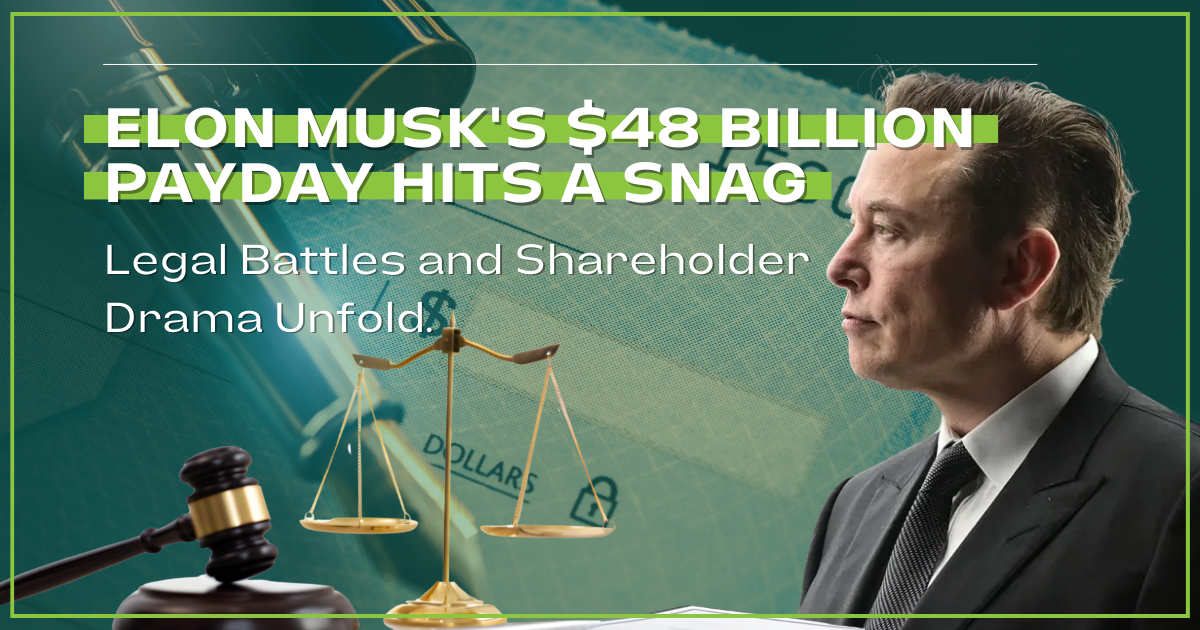
Despite Tesla shareholders’ (TSLA -1.36% Down) backing of Elon Musk’s multibillion-dollar compensation package, the electric-car company now faces significant hurdles in figuring out how to pay him, leaving his immediate future at the world’s most valuable automaker.
Musk and Tesla shareholders are confronting legal challenges to the stock-option deal approved in 2018, which is now valued at approximately $48 billion. The most recent shareholder vote is also facing scrutiny in court.
The company’s board contends that shareholder support for the plan addresses the concerns raised by the judge who nullified the original plan, potentially prompting the court to reverse its decision. However, legal experts caution that the vote won’t automatically alter the judge’s stance.
Musk is pleased with the support from Tesla shareholders and is working to alleviate concerns that he might shift his focus to his other companies, a worry that some shareholders had if Musk had lost the vote.
“‘Hot damn, I love you guys,’” Musk said at the beginning of Tesla shareholders annual meeting in Texas.
On Friday, the company announced that 72% of the voted shares supported Musk’s pay package, excluding shares owned by Musk and his brother, Kimbal. In 2018, 73% of the voted shares had backed the plan by that same standard.
Tesla shareholders fell 2.4% lower on Friday. Prior the meeting, the stock closed up 2.9% on Thursday after Musk announced on X that the vote was passing by a wide margin.
Delaware Chancellor Kathaleen McCormick invalidated the original 2018 pay package due to concern that Musk exerted excessive influence over the approval process.
Lawyers for Tesla and for Richard Tornetta, the Tesla shareholders who filed a lawsuit challenging Musk’s compensation, are scheduled to meet in court in early July. The plaintiff’s attorneys argue that the pay package should be nullified because the board breached its fiduciary duties and shareholders were not fully informed prior to the original vote.
“We think the ratification vote Elon pushed for is legally flawed and doesn’t affect our case at all, and does not impact our case,” said Greg Varallo, of Bernstein Litowitz Berger & Grossmann, one of the Tornetta attorneys.
“We will address any arguments presented in due course.”
Legal experts say that renewed support for the deal doesn’t automatically imply that the court will change its decision. Further legal maneuvering is anticipated from both sides, but predicting the next steps is challenging due to the unique nature of the case.
“At the high level, it remains unclear what impact, if any, the new vote will have on the current case,” said Ann Lipton, a law professor at Tulane University. “Regardless of how you analyze it, there are compelling arguments against simply restating the pay package.”
McCormick has several potential actions she could take in response, Lipton said. She might agree with Tesla that the second vote demonstrates strong shareholder support for Musk’s pay and permits the company to reinstate the share deal. She could request additional information about Thursday’s vote or deem the vote irrelevant.
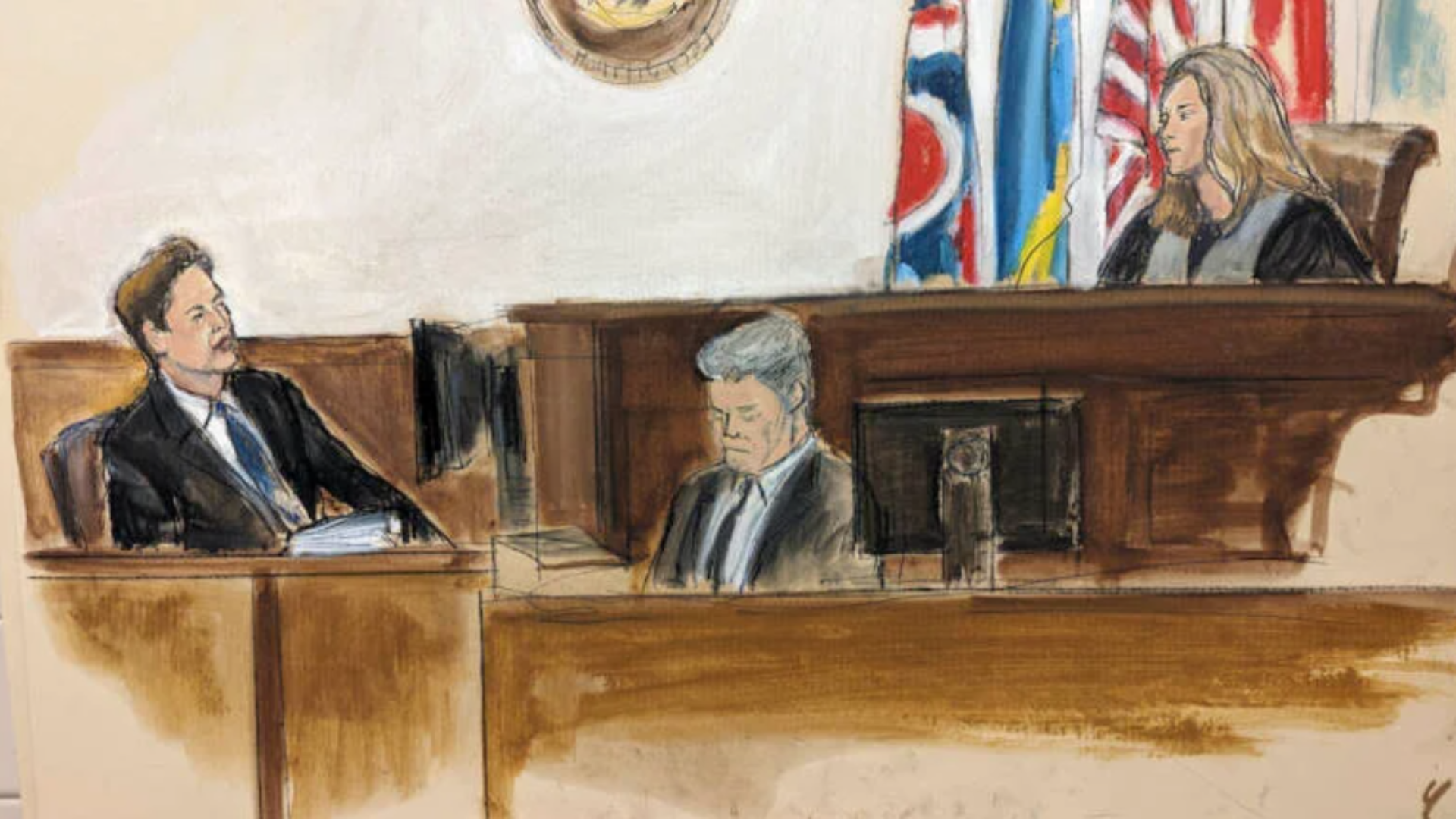
Tesla has stated that it disagrees with McCormick’s original ruling and intends to appeal, arguing that the judge overlooked material evidence and misinterpreted the law. Procedurally, before Tesla can file an appeal, the two sides must resolve the issue of billions of dollars in legal fees for the plaintiff’s attorneys.
Tesla shareholders also approved a proposal to relocate Tesla’s corporate headquarters from Delaware to Texas, where the company is based and operates one of its key factories. The plaintiff in the pay dispute criticized these measures, suggesting it was attempt to circumvent the legal process in Delaware. Tesla has denied any intent to evade a judgment in that state.
On Friday, Tesla said that the votes approving the move made up about 63% of all the outstanding shares that could vote on the proposal and 84% of the shares that did vote, excluding the stock owned by Musk and his brother.
Tesla shareholders says that a substantial compensation package is essential to keep Musk engaged with the carmaker as it prepares to invest billions of dollars in artificial intelligence and self-driving cars.
“To keep Elon focused, motivated and continue to put in his time, energy, ambition and vision to get similar results in the future, we need to stick our deal,” Tesla Chair Robyn Denholm wrote in a letter to shareholders before the vote.
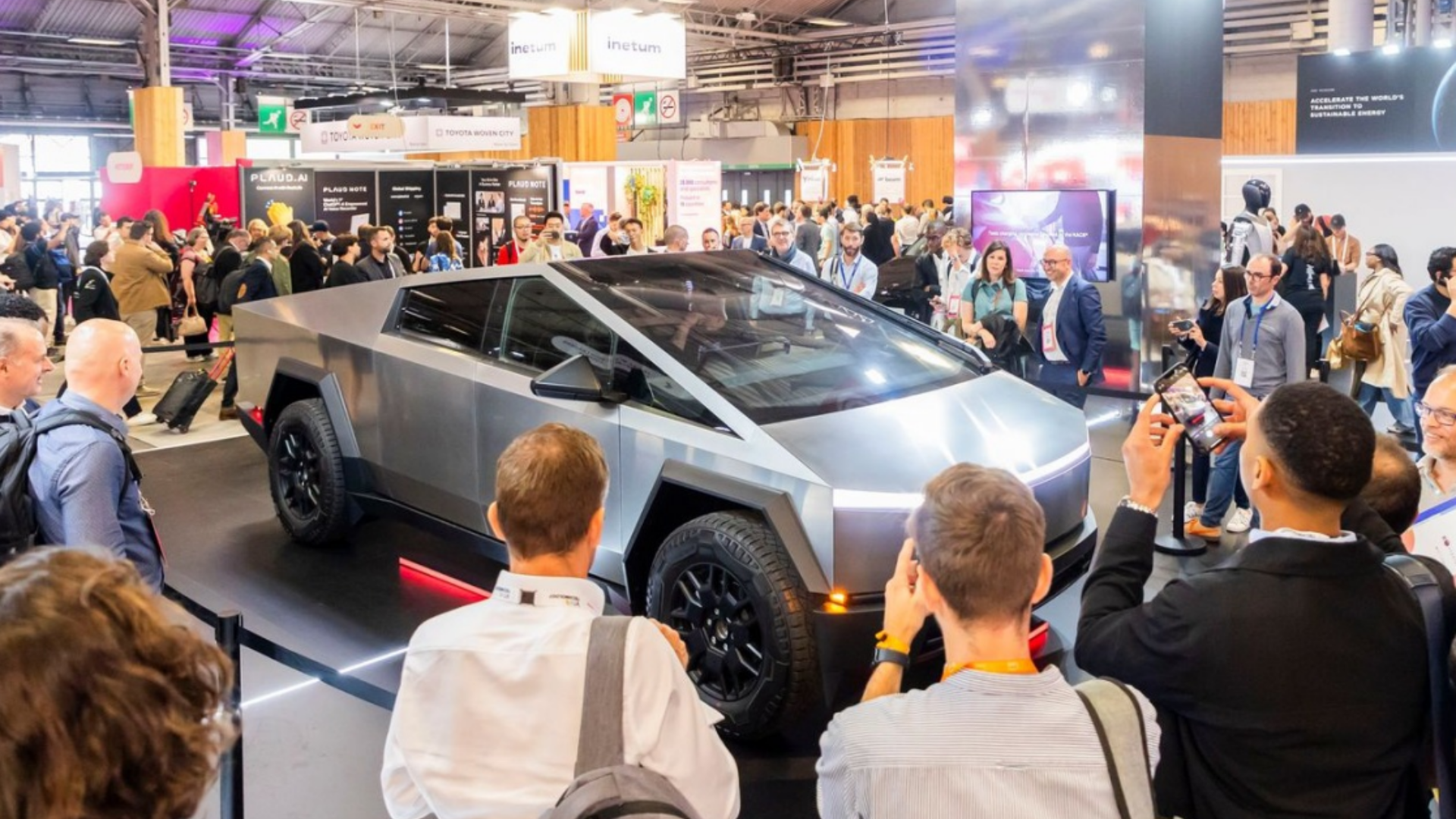
In a detailed opinion explaining the decision, McCormick ruled that the compensation amount wasn’t justified and that Musk’s “superstar CEO” status prevented the board from acting independently to determine a fair price for shareholders.
If the judge doesn’t overturn her decision, the vote could still benefit Tesla in an appeal, according to Zohar Goshen, a law professor at Columbia University who specializes in corporate governance. The company could argue that shareholders’ approval of the pay package on two occasions indicates they weren’t being misled by Tesla.
“In this case, there is no doubt that [Musk] deserves compensation for six years of work. Shareholders have the authority to decide how much,” Goshen said. “It is difficult to argue an irrational decision when sophisticated investors support it.”
Several legal experts indicated that the vote complicates Tesla’s legal challenges in the short term, as it may provoke new investor disputes.
Last week, another Tesla shareholder, Donald Ball, who owns approximately 28,000 shares, filed a lawsuit against Tesla, Musk and board members. He accused Musk of coercing stock owners to support proposals for the pay package and company’s reincorporation in Texas.
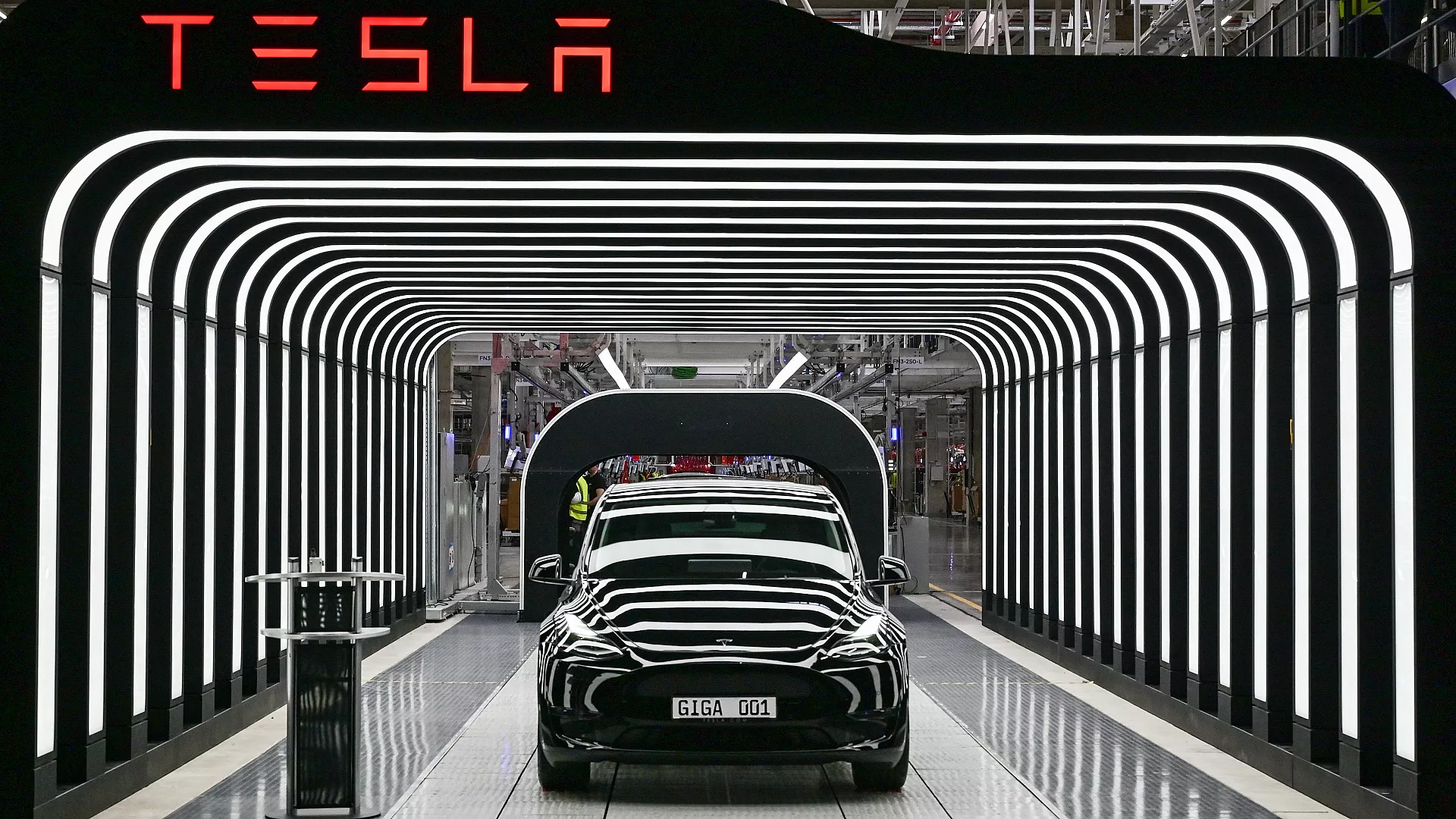
The complaint alleged that Musk used strong handed tactics, like saying he might work on artificial intelligence outside of Tesla if he didn’t own 25% of the carmaker.
Musk’s attention to his other ventures has raised a concern among some Tesla investors, particularly as the company’s core business are slowing sales and decreasing demand for electric vehicles.
Those concerns were heightened recently when Musk confirmed diverting highly sought-after Nvidia chips, used in AI research, from tesla to X. Musk explained Tesla had no immediate use for the Nvidia chips to turn them on, so they would have just sat in a warehouse.
“The idea that he can just randomly redirect them is kind of weird,” said the Jefferies analyst Philippe Houchois.

